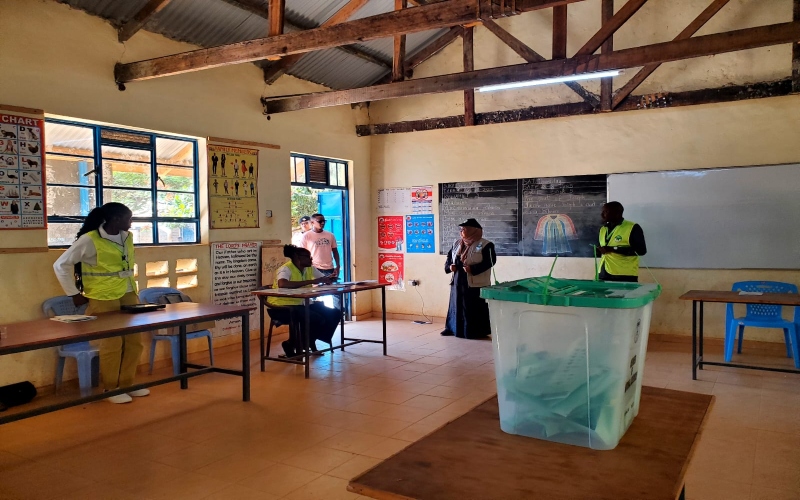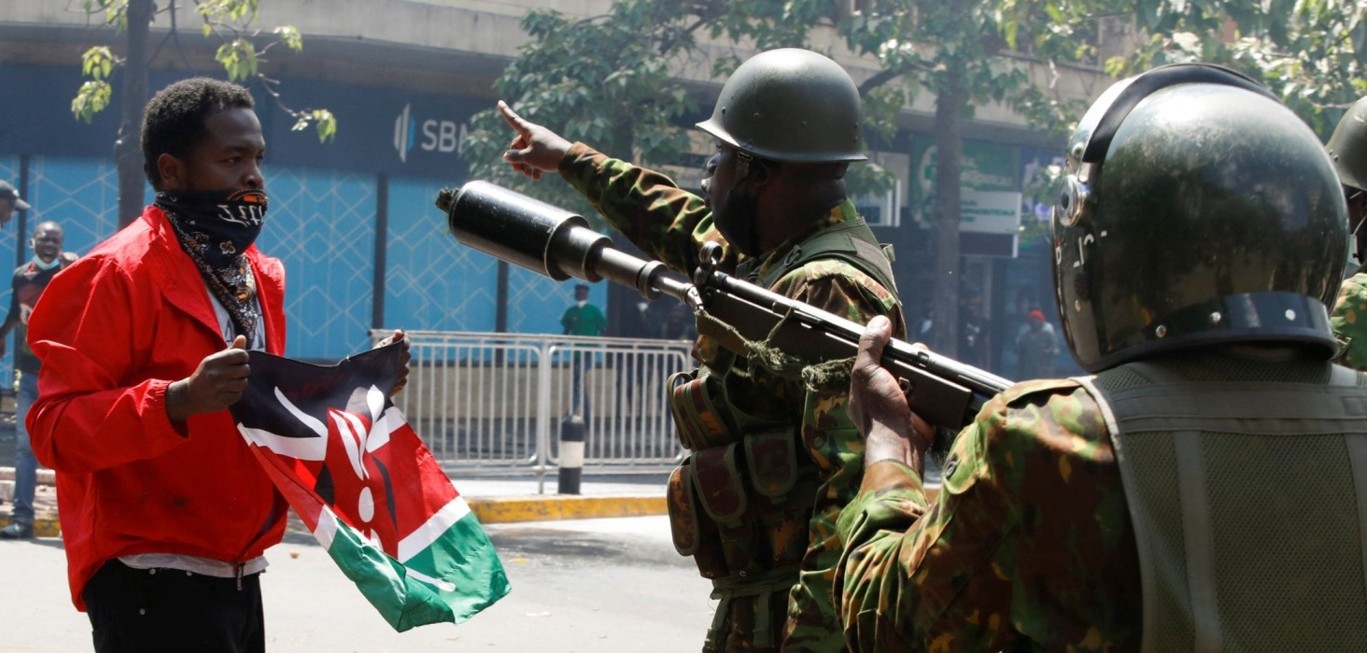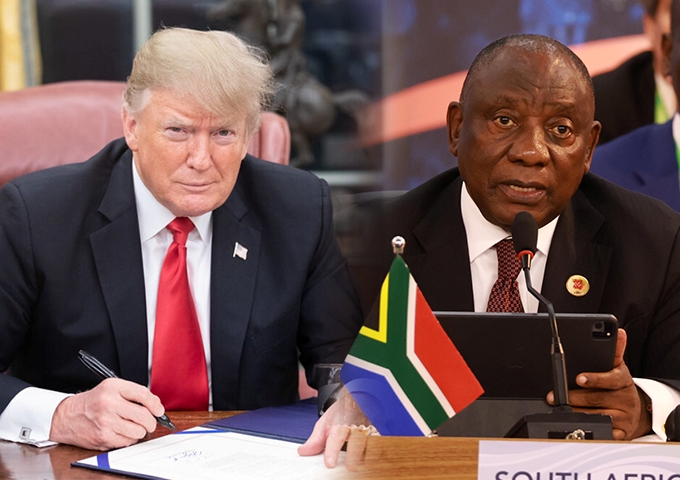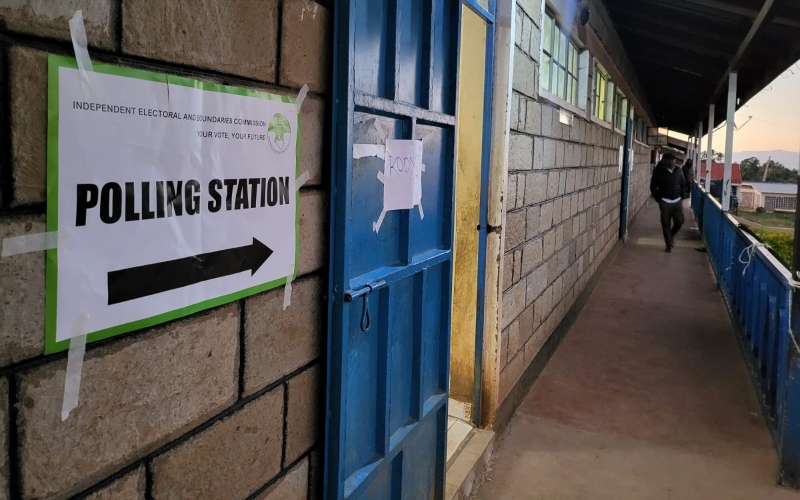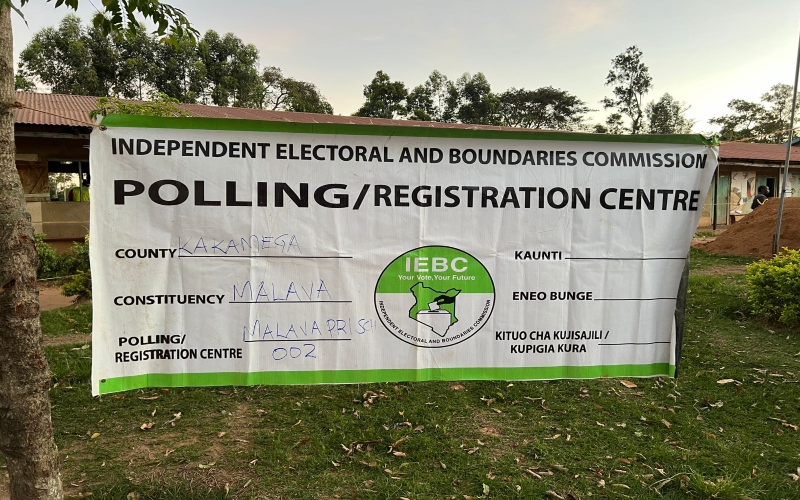Turkey secures rights to 90% of oil and gas output in deal with Somalia
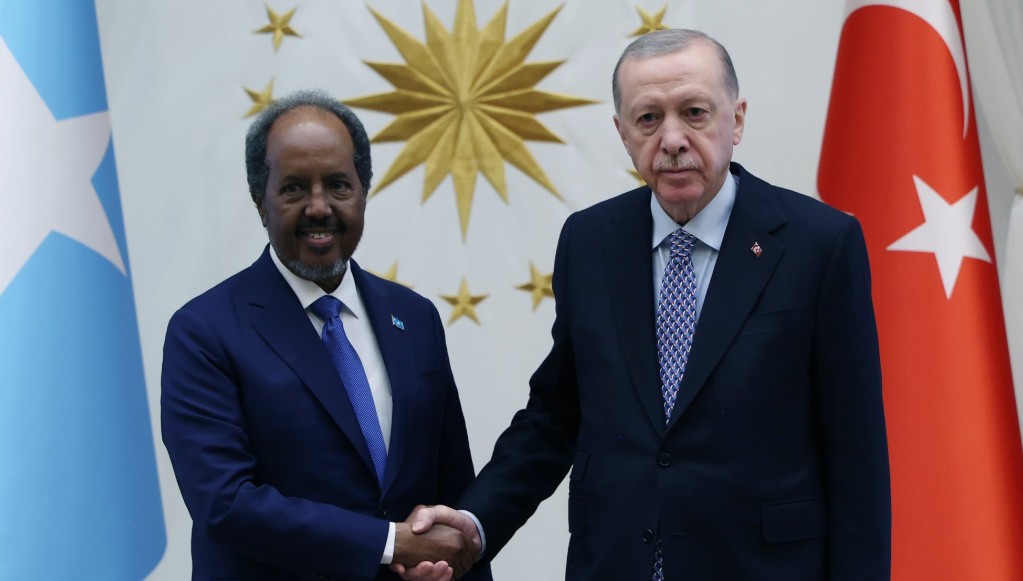
The agreement grants Turkey sweeping operational and financial privileges. Most notably, it gives Ankara rights to 90 per cent of the oil and gas produced from joint operations, while Somalia will receive 10 per cent. The deal also removes any upfront financial obligations typically expected in similar contracts.
Turkey has secured rights to 90 per cent of oil and gas output in Somalia deal, document shows, laying the groundwork for long-term energy cooperation between the two countries.
The full text of a wide-ranging hydrocarbons agreement between Turkey and Somalia has now been made public following its submission to the Turkish Parliament for ratification on April 22, offering the first in-depth look into Ankara’s expanding influence in Somalia’s energy and defense sectors.
More To Read
- International Rescue Committee warns millions at risk as drought intensifies across Northern Somalia
- Somali Region frees ‘121 unlawfully detained’ people, ‘pardons’ two jailed journalists, Rights Commission says
- South Sudan and Somalia eye group stage in FIFA Arab Cup 2025 qualifiers
- Somalia faces worsening hunger with millions needing assistance
- East African Court postpones swearing-in of nine Somali legislators to EALA
- Somali referee Omar Abdulkadir Artan crowned CAF Best Male Referee 2025
The agreement, officially titled “Agreement Between the Government of the Republic of Türkiye and the Federal Government of the Federal Republic of Somalia in the Field of Hydrocarbons,” was signed in Istanbul on March 7, 2024, by Turkey’s Energy Minister Alparslan Bayraktar and Somalia’s Petroleum Minister Abdirizak Omar Mohamed.
It was made public as part of Turkish parliamentary proceedings.
According to documents attached to the submission, the agreement is a key pillar of Turkey’s Africa Opening Strategy, which positions Somalia as a strategic partner due to its maritime location and vast untapped energy reserves. Somali territory is believed to hold six billion cubic meters of proven natural gas and up to 30 billion barrels of offshore hydrocarbon potential.
The agreement grants Turkey sweeping operational and financial privileges. Most notably, it gives Ankara rights to 90 per cent of the oil and gas produced from joint operations, while Somalia will receive 10 per cent. The deal also removes any upfront financial obligations typically expected in similar contracts.
Under Article 4.5, Turkish entities are exempt from paying signature, development or production bonuses, as well as surface and administrative fees—terms that break from global industry norms.
In terms of cost recovery, Turkey has secured one of the most favorable structures globally. Article 4.7 of the agreement entitles Turkish companies to recoup up to 90 per cent of the annual oil and gas output as “cost petroleum” before any profit-sharing takes place. Somalia’s share is further restricted by a five per cent royalty cap, which does not apply to reinjected or operationally used petroleum.
Turkish firms will also enjoy the liberty to export their oil and gas share at international prices without restrictions. Article 4.8 allows Turkey to retain all revenue earned from exports or local sales of its share, effectively bypassing Somalia in the financial loop.
In addition, Article 4.3 allows the Turkish Petroleum Corporation (TPAO) or any other Turkish entity to transfer its interest to third parties without needing to establish a local company or office, granting Turkey wide latitude to bring in private partners or subcontractors.
The agreement also provides legal and security assurances for Turkish investments. Article 9 subjects disputes to international arbitration under the ICSID Convention, with Istanbul as the designated venue. Further, Article 6 permits Turkey to implement its own supplementary security measures in Somalia, with those expenses counted as recoverable petroleum costs.
This clause aligns with a presidential decree submitted alongside the agreement, seeking approval to deploy Turkish military and naval personnel to Somalia for two years beginning September 2025.
Turkish authorities say this deployment will support counterterrorism and anti-piracy operations and secure hydrocarbon exploration missions. The Turkish research vessel Oruç Reis, escorted by five navy warships, is scheduled to begin exploration in Somali waters in late 2025.
Article 12 of the agreement also notes that the document will come into force once both parties complete their respective internal legal procedures and notify each other through diplomatic channels.
“Each Party hereby covenants to the other that, following the execution of this Agreement, it shall promptly and properly take necessary measures in order to make it effective under its domestic law and international law,” reads clause 12.2 of the agreement.
The agreement overrides conflicting national legislation, stating that “where this Agreement establishes the rules other than those provided by the national legislation of the Parties’ states, the rules established by this Agreement shall apply.”
It will remain valid for five years, with automatic three-year renewals unless either party decides to terminate it by providing at least six months’ notice.
Importantly, “the termination or expiration of this Agreement shall not affect the activities and projects already in progress or executed.”
The hydrocarbons deal builds on a February 2024 memorandum of understanding in which Somalia granted Turkey preferential access to its special economic zone. Under this previous deal, Turkey committed to training the Somali navy and assisting in maritime security. Somali officials say Turkey will be entitled to as much as 30 per cent of the revenue generated from projects it contributes to.
While the document reaffirms Somalia’s sovereignty over its resources, it positions Turkey as the primary driver of resource extraction, development, and monetisation.
Turkish officials have celebrated the deal as a major diplomatic and economic gain, reinforcing Turkey’s role in regional maritime trade routes and energy diversification.
However, the agreement has also stirred criticism. Opposition lawmaker Yankı Bağcıoğlu of the Republican People’s Party (CHP) voiced concern over the cost-effectiveness of deploying Turkish deep-sea exploration vessels—originally intended for use in the eastern Mediterranean—to Somalia. He also warned that the move could complicate Turkey’s diplomatic posture, particularly in relation to Ethiopia.
Meanwhile, Ethiopia and Somalia reached a preliminary understanding on December 12, 2024, to end tensions over Ethiopia’s efforts to access a port in Somaliland.
Mediated in Ankara, the deal allows Ethiopia port access through Somalia, but concrete progress on implementation remains limited to reopened diplomatic channels and ongoing technical discussions.
Top Stories Today
